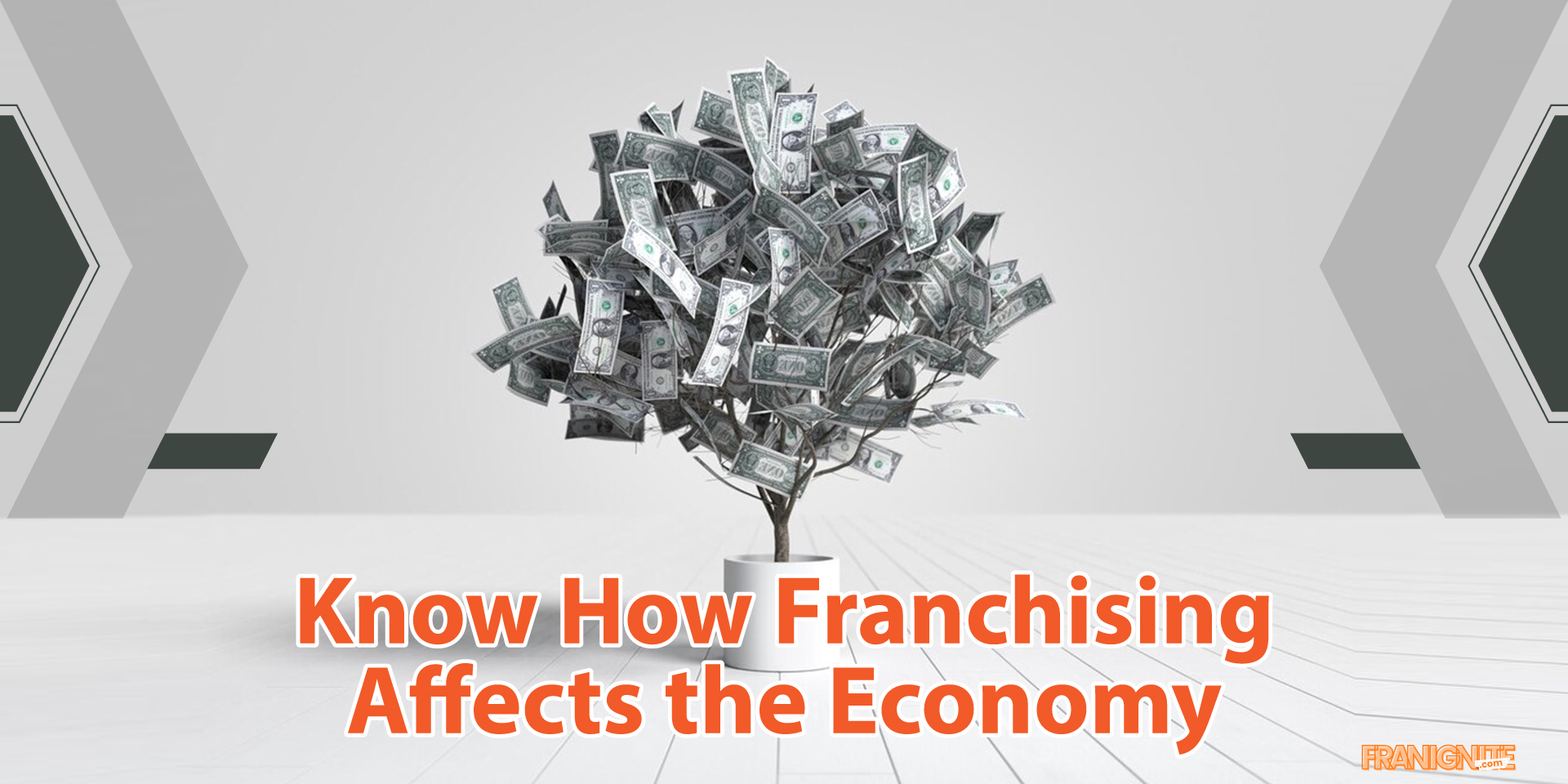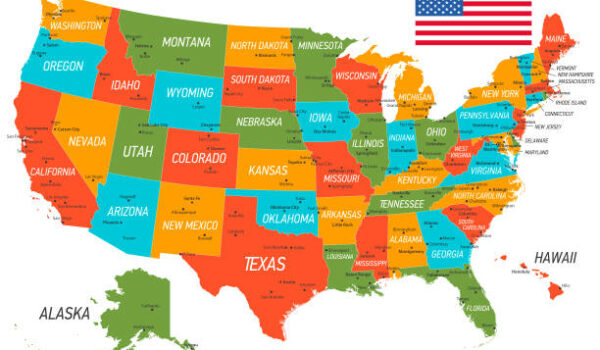Franchising is a business model in which an individual or group (franchisee) pays for the right to use the brand, products, and services of an established business (franchisor). This business model has become increasingly popular over the past few decades and has had a significant impact on the economy. It is very interesting how franchising affects the economy.
-
Job Creation
One of the most significant impacts of franchising on the economy is job creation. Franchise businesses create jobs not only for the franchisee but also for employees who work at the franchised location. According to the International Franchise Association, franchise businesses in the United States alone employ nearly 8 million people. This number is expected to grow as the franchise industry continues to expand.
-
Small Business Growth
Franchising has provided a platform for many small businesses to grow and expand. Franchise businesses have access to the established brand, marketing, and support of the franchisor, which can help them overcome some of the barriers that small businesses face. Additionally, franchisors often provide training and support to franchisees, which can help them develop the skills and knowledge needed to run a successful business.
-
Increased Consumer Choice
Franchising has also had a significant impact on consumer choice. Franchise businesses operate in a wide range of industries, from fast food and retail to healthcare and education. This diversity provides consumers with a range of options to choose from when it comes to products and services. Additionally, franchises often have standardized products and services, which can help ensure consistency and quality across locations.
-
Economic Growth
In terms of revenue and GDP, franchising plays an important role. According to a report by the International Franchise Association, franchise businesses in the United States alone generated over $700 billion in revenue in 2020. This revenue contributes to economic growth and helps drive the overall economy.
-
Innovation and Technology
Franchise businesses often have access to the latest technology and innovation from the franchisor. This can help franchisees stay ahead of the curve and provide consumers with the latest products and services. Additionally, franchisors often invest in research and development to improve their products and services, which can benefit the entire industry.
-
Tax Revenue
Franchise businesses also contribute to tax revenue for local and national governments. Franchise businesses pay taxes on their revenue, and franchisees also pay taxes on their income. This tax revenue can help fund government programs and services, which can benefit the entire community.
Franchising has had a significant impact on the economy. Franchise businesses create jobs, provide a platform for small businesses to grow, increase consumer choice, drive economic growth, promote innovation and technology, and contribute to tax revenue. As the franchise industry continues to expand, it is likely that it will continue to have a positive impact on the economy.
Liked what you read? Follow us on Linkedin.
Want your franchise news to be covered? Send your Press Release.




